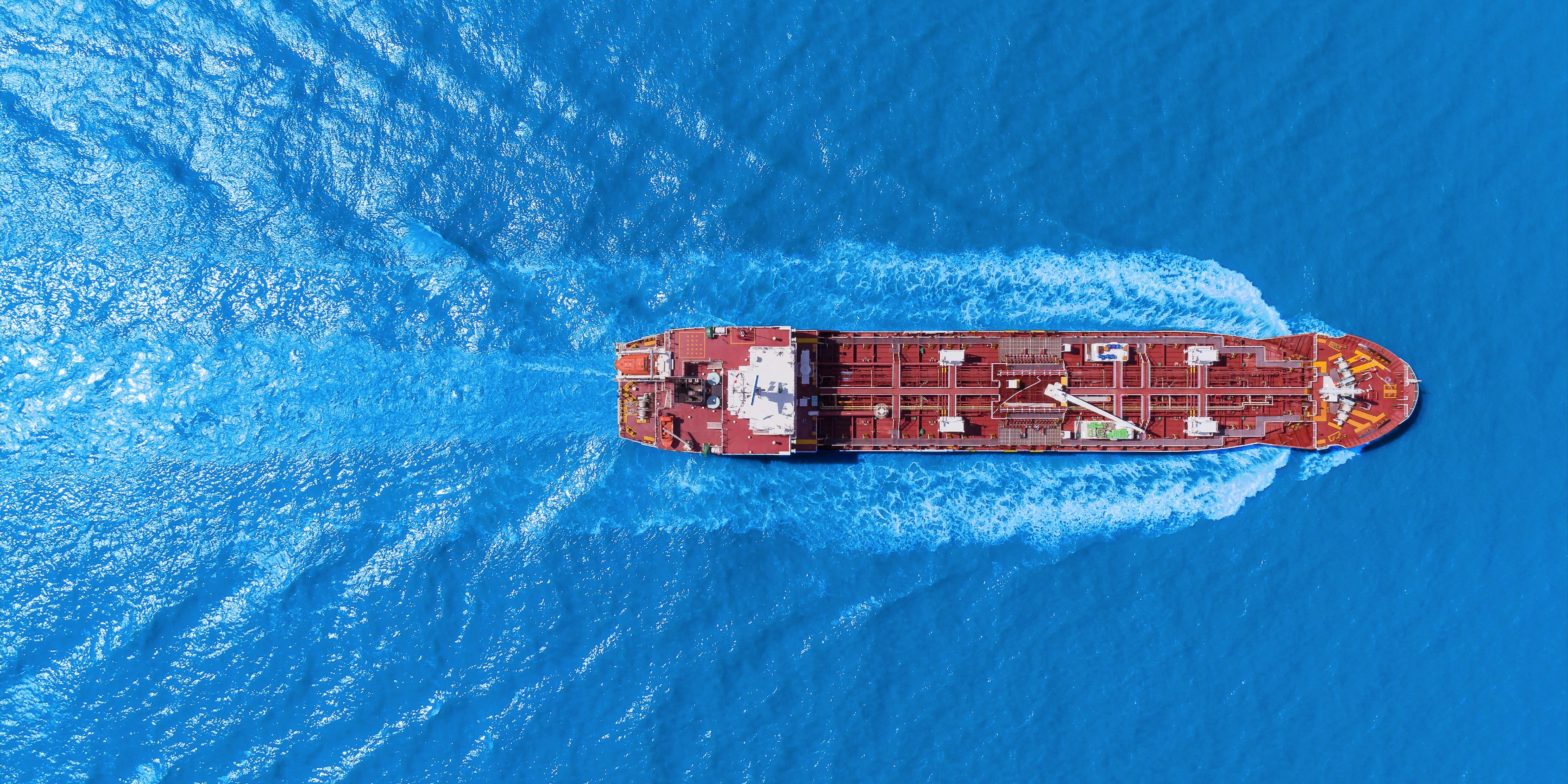Russia is sending record amounts of crude oil to Asian countries. Exports to China, India, Turkey, and unspecified locations rose to 2.39 million barrels a day, according to Bloomberg. Russia is racing to export crude ahead of the EU ban on Russian oil, which could slash Russia’s oil revenue. Loading Something is loading.
Thanks for signing up!
Access your favorite topics in a personalized feed while you’re on the go.
Russia is scrambling to export more crude before European Union sanctions take effect, and the nation is currently shipping record volumes of oil to Asia.
Russian crude flows to China, India, and Turkey – as well as crude shipments that haven’t been labeled with a final destination – rose to 2.39 million barrels a day in the month leading up to November 11, Bloomberg reported on Monday. Meanwhile, in the last week, Russian oil exports fell to a three-week low, with the nation exporting just 2.9 million barrels a day.
That’s a sign Russia is ramping up crude sales to its allies ahead of December 5, the date where the EU ban on Russian oil will fully kick in and the bloc is expected to give support for the plan to cap Russian oil prices.
If successful, the measures are expected to majorly crimp Russia’s export revenue, and some effects are already being seen. Russia’s revenue from crude exports just hit its lowest point since the invasion of Ukraine. In particular, crude exports to Europe fell to a five-week low of 700,000 barrels a day in the month leading up to November 11, and oil shipments to Europe were down 11% compared to the previous four-week period, according to Bloomberg data.
Russia has threatened to simply sell more oil to Asia if western nations impose a price cap, but Russian ports are already running into insurance and shipping issues with sanctions, and the upcoming deadline has exporters racing to hand off crude to customers in Asia.
At this point, any ships loaded with Russian oil in the Baltics won’t make it to China or India in time before sanctions kick in, which could leave oil shipments uninsured mid-voyage. Russian ports in the Pacific are also unlikely to make it a trip to India without getting spoiled by sanctions, as the voyage takes several weeks.
China and India have been big buyers of Russian crude since the start of the war, and at one point, accounted for 50% of Moscow’s crude sales. Blocking those sales via sanctions could put Russia’s crude revenue in freefall, doing serious damage to its economy.
Europe could also get hurt by sanctions, as the continent faces an energy crisis and skyrocketing oil prices once Russian supplies are slashed from the spot market. Goldman Sachs commodities chief Jeff Currie warned that Europe would see another spike in oil prices this winter, with Brent crude hitting a $115 a barrel. Energy Aspects’ Livia Gallarati proposed a similar price range, as supplies are set to tighten and demand isn’t showing signs of slowing down.
